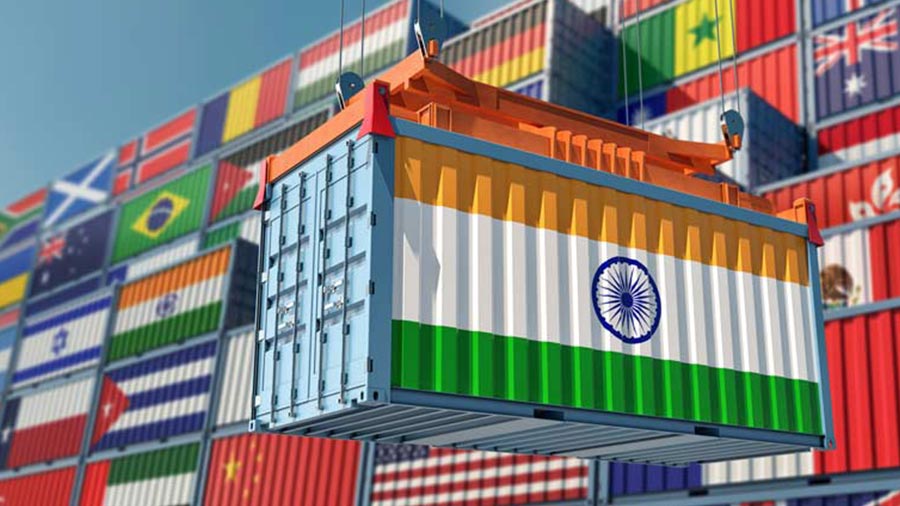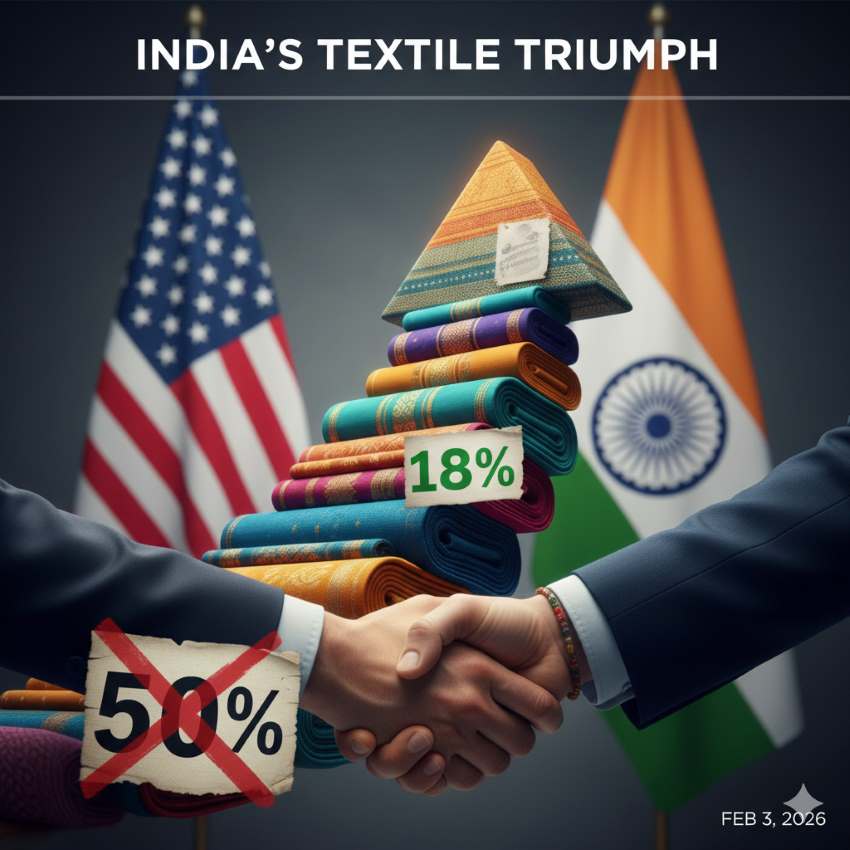 A strong pillar supporting the country’s economy, the Pakistan textile sector is experiencing a massive contraction in its global trade value. This year, the country lagged behind Bangladesh, India, China, and Vietnam in textile growth. Factors that stalled growth included an o
A strong pillar supporting the country’s economy, the Pakistan textile sector is experiencing a massive contraction in its global trade value. This year, the country lagged behind Bangladesh, India, China, and Vietnam in textile growth. Factors that stalled growth included an o
vervalued rupee and exorbitant power tariffs. Though the issue of an overrated rupee was immediately addressed, Pakistan’s electricity costs continue to remain high. Local textile players are forced to pay 9 cents per kWh which is costlier than what exporters in other countries pay. This intensifies the industry’s grievances.
Relief package to foster productivity
To address these issues, the government has introduced a relief package that fosters productivity and employment in the industry. The package seeks to reduce the burden on textile and other manufacturing units. Currently, Pakistan has bagged numerous international orders including those rerouted from America. To execute these orders, exporters plan to operate double shifts. The energy costs of both these shifts will remain similar. However, suppressing additional electricity tariffs during peak hours will make second shift inevitable.
reduce the burden on textile and other manufacturing units. Currently, Pakistan has bagged numerous international orders including those rerouted from America. To execute these orders, exporters plan to operate double shifts. The energy costs of both these shifts will remain similar. However, suppressing additional electricity tariffs during peak hours will make second shift inevitable.
This will also include 50 per cent and 25 per cent concessions for small and medium enterprises (SMEs) and large-scale manufacturing (LSM) respectively. SMEs will now be charged 7.875 cents per kWh for LSM. According to a report ‘Pakistan in the Apparel Global Value Chain’, published by the World Bank and Duke Value Chains Centre, SMEs contribute roughly 10 per cent to Pakistan’s textile industry. Hence, the effective average tariff for the sector needs to be in the range of 7.76 cents or Rs 12.4 per kWh ($1 = Rs 160).
Stimulus to boost SMEs
The government package stimulates industry growth by reducing exporters’ tariff by 13.7 per cent. It not only provides a level-playing field in the post-lockdown global trade dynamics but also offers a greater relief to the SMEs. It enables SMEs to avail a 25 per cent markdown for further two years, even if the government decides against a renewal.
The favorable returns of the package will remain till the government reduces customs and regulatory duties on imported cotton yarn and machinery. Pakistan has been importing cotton yarn due to a reduction in local cotton production. However, productivity levels are being affected by duties on machinery. The country needs to relax these duties besides simplifying tax laws, and amending rules to further expedite the sector’s growth.












